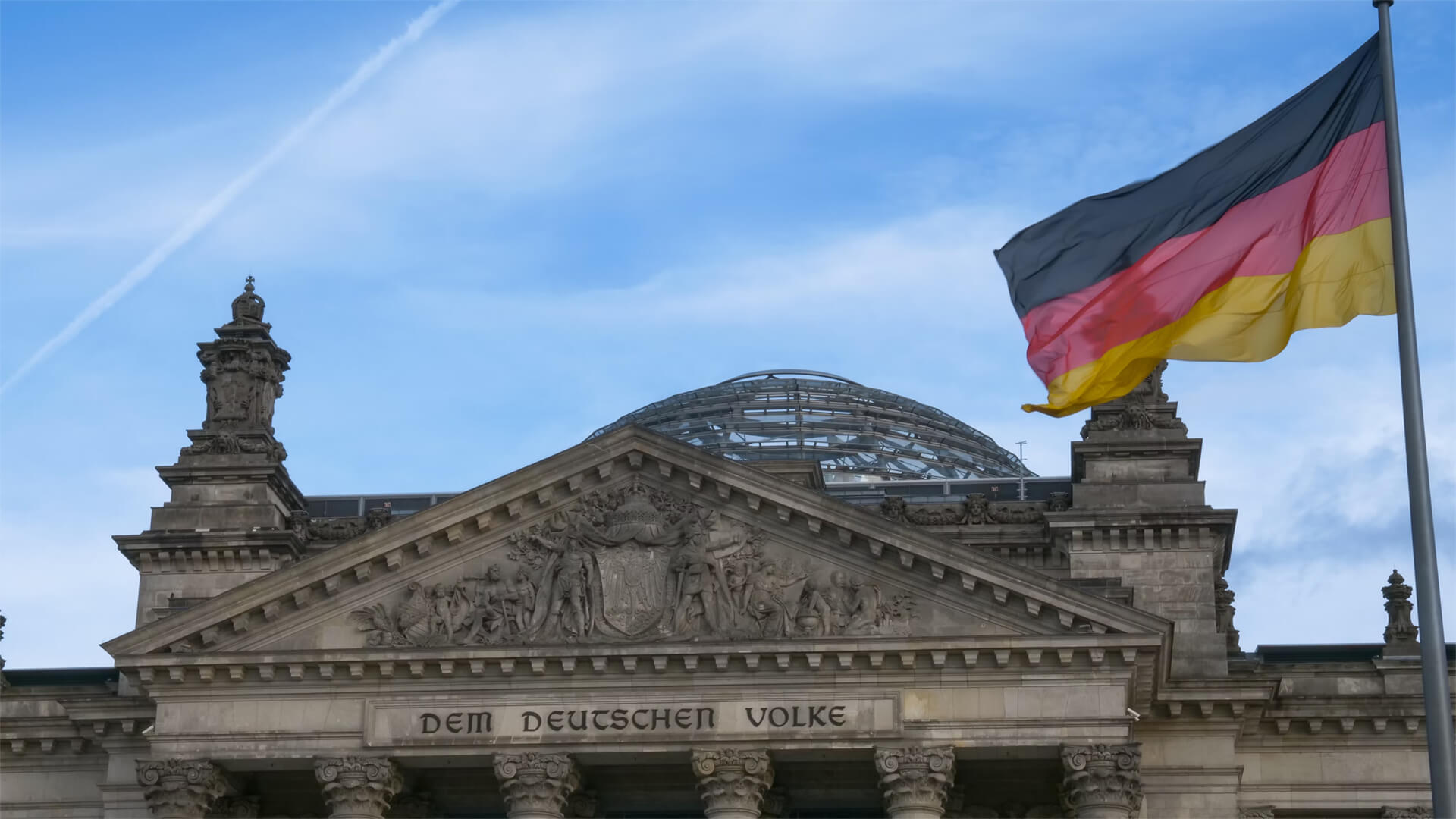German regional elections in Saxony and Thuringia saw some of the country’s far-right parties, including the Alternative for Germany, perform quite well. Don’t sound the alarm bells yet, but this is yet another reminder of the ongoing economic and political issues in Germany.
While these far-right groups saw some success in these elections, they aren’t likely to form coalitions or gain significant power. The current government, a coalition between Social Democrats, Greens and Free Democrats led by Olaf Scholz, will likely remain in power through the next general elections.
Dissatisfaction amongst the Germans is growing, especially within East Germany, and for good reason. The government struggles to make decisions and can’t get aligned on anything; combine that with all the other issues facing Germany and we can expect some eventful elections come September of 2025.
Here at Zeihan On Geopolitics we select a single charity to sponsor. We have two criteria:
First, we look across the world and use our skill sets to identify where the needs are most acute. Second, we look for an institution with preexisting networks for both materials gathering and aid distribution. That way we know every cent of our donation is not simply going directly to where help is needed most, but our donations serve as a force multiplier for a system already in existence. Then we give what we can.
Today, our chosen charity is a group called Medshare, which provides emergency medical services to communities in need, with a very heavy emphasis on locations facing acute crises. Medshare operates right in the thick of it. Until future notice, every cent we earn from every book we sell in every format through every retailer is going to Medshare’s Ukraine fund.
And then there’s you.
Our newsletters and videologues are not only free, they will always be free. We also will never share your contact information with anyone. All we ask is that if you find one of our releases in any way useful, that you make a donation to Medshare. Over one third of Ukraine’s pre-war population has either been forced from their homes, kidnapped and shipped to Russia, or is trying to survive in occupied lands. This is our way to help who we can. Please, join us.
Transcript
Hey, everybody. Peter Zeihan here. Coming to you from Germany. I’m not in Germany. I’m in Colorado. We’re going to talk about Germany. Jeez. Sorry. I didn’t get a lot of sleep last night. Let’s see, where were we? We’re in around the turn of August. In September, the Germans had regional elections. And in two states, specifically Saxony and Thuringia, which are provinces in the former East Germany.
So, provinces that have not done well these last 30 years. The far right did very well. Two parties, or with call out, the AfD, which is the alternative for Germany. And then literally a splinter party ran by a Czech who put her name as the party name with the, you know, ego. I’m not going to bother repeating her name because she’s a flash in the pan.
Anyway, did very well. The largest or second largest parties, and a few people are freaking out, especially in Germany, when the Germans tend to elect people that are basically, you know, less organized Nazis, it’s worth paying attention. I don’t want to belittle this, but I’m not too worried. Number one, no one’s going to work with them to build a coalition, so they’re not going to take over the state governments or the land or governments, if you want to use the technical term.
But it is an indication of two things. Number one, the integration of the former East Germany into the former West Germany, into what we now consider to be the Federal Republic of Germany. It’s been a tough row to hoe. Basically, the former East Germany was the economic success story of the former Soviet Union. But when it was integrated with Germany, which was one of the most advanced economies in the world, every piece of infrastructure they had was absolutely crap.
And they made a decision, for political reasons, to allow anyone in the East Germany to relocate anywhere in Germany right away, which, you know, is kind of important. You needed to do that from a national unity point of view. But it meant that anyone who had talent in the former East Germany picked up and moved to Bonn or Munich or somewhere else, tripled their income overnight and never looked back.
And so the people who stayed were the people who were either very happy with the Soviet socialist system, or the people who were very old and couldn’t move, or the people who were happy not being very ambitious. Well, you fast forward that 40 years and East Germany is basically a bit of a basket case, with the exception of the area around the capital Berlin itself.
You also have the issue where they decided to make one East German mark work with one West German mark, which again, politically important, but that encouraged people in the East to stay put because they could just spend their money, and didn’t have to worry about actually working hard to learn how the West does things. Anyway, you play this forward 40 years, you get a lot of political dissatisfaction, a lot of economic dysfunction.
It’s not that the West Germans didn’t try. They spent over €1 trillion in order to integrate these two parts into one. It just hasn’t worked very well. And now that the German population is literally dying out because of demographic decline, it’s too late. It’s not going to get better. So while I’m not concerned about what this means for German politics at the moment, you fast forward 5 to 15 years, and I get very concerned very, very quickly.
The second issue argues both for stability and future instability. There’s been a lot of talk in Germany, even before these elections, about the failure of the current government of Olaf Schultz. Now, Olaf Schultz is a socialist. Socialist in Germany doesn’t mean the same thing it means in the United States. This isn’t Bernie Sanders. This is someone who can do math.
And he is in a coalition government with the Greens and a group called the Free Democrats, which are kind of a libertarian pro-business group, especially small and medium-sized businesses. And the three factions don’t have a huge amount in common, and having all three of them in one government has made decision-making very, very difficult at the German level and the European level, because whenever something happens at the European level, the Germans have to go home and hammer out a common position.
And the three parties don’t have a lot in common anyway. Two things here. Number one, this government isn’t going away until its full term is up. You can’t have a vote of no confidence in the German system like you can in, say, France or the United Kingdom. In those countries, if the government loses favor, all it takes is a simple majority of the Parliament to basically vote to call new elections.
For that to work in Germany to eject the government, it has to come from the government, which they don’t want to do because they would get trounced in general elections today. Or, other parties have to come together and form a replacement government with the seats as they exist in the Parliament today. So no, no, no, no vote. You just work with what you have to form a new coalition.
And the only way that would work is if the opponents of the socialists, the Christian Democrats, were to form their own coalition with the Greens and the Free Democrats. And that’s not in the cards at the moment either. So we’re stuck with this government for at least another year until we have general elections. What that means is the central government is basically slouching towards Armageddon.
All of the issues that have vexed Germans—economic dislocations, the failure of the postwar model, the Ukraine war, the rise of the far right, immigration—all of these cultural and economic issues that really are big and do need to be discussed won’t be, because the current government is locked into place and can’t fall. So this election cycle, no big deal.
The next one, that’s when things get lively.








